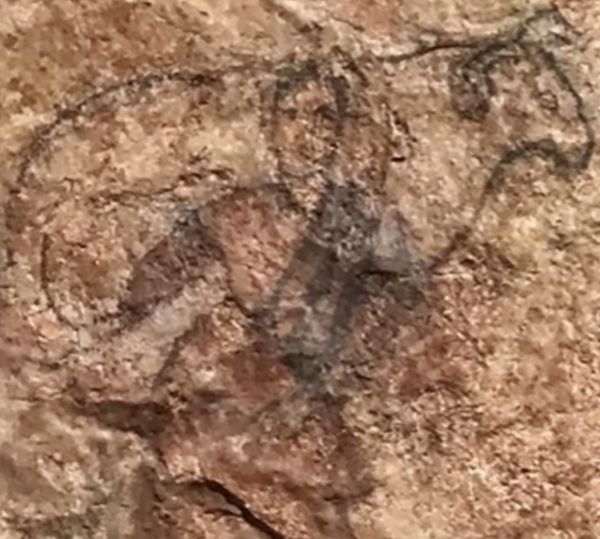In chapter sixteen of John's Gospel, close to his return to the Father, Jesus says to his disciples:
«You will be sad, but your sadness will become joy» (Jn 16:20).
Francis had a brilliant ability, inspired from above, to transform every sadness into joy, in anticipation of blessed hope.
He had taught, for example, Brother Leo, God's sheep, to find perfect joy in being rejected and unrecognised by others.
He found joy in suffering at the mere thought that Jesus had experienced it first and that it was a noble way of uniting with Him.
He felt sadness at the bad testimonies among his own, but he was shaken by God himself before this kind of bitterness, for the Lord reminded him that everything was in his hand.
The various melancholies of the journey were transformed by the Poor Man, by the power of the Spirit, into opportunities for grace - thinking of the return of Jesus and the blessed union.
In the Sources, a jewel of original testimonies, we discover the beauty of such dynamics that faith in God and the efficacy of the Word worked out in the Minim.
"One day he saw one of his companions with a sad and melancholic face. Grudgingly enduring it, he told him:
"The servant of God must not show himself to others sad and angry, but always serene.
To your sins, reflect in your room and in the presence of God weep and groan. But when you return among the brothers, leave sadness behind and conform to others".
And, a little later:
"The adversaries of human salvation have much envy of me, and since they cannot upset me directly, they always try to do so through my companions."
He loved then so much the man full of spiritual gladness, that as a general admonition he had these words written in a chapter
"Let the brothers beware that they do not show themselves to be sad on the outside and gloomy like hypocrites, but let them show themselves to be joyful in the Lord, cheerful and suitably gracious" " (FF 712).
And again, in the Second Life of Celano, we find Francis instructing on how to behave in turmoil:
"The servant of God," he explained, "when he is troubled, as it happens, by something, he must get up at once to pray, and persevere before the Supreme Father until He restores to him the joy of his salvation. For if they remain in sadness, that Babylonian evil will grow and, in the end, will generate an indelible rust in the heart, if it is not removed with tears" (FF 709).
Francis, an expert on life in the Spirit, used to say to his own:
"Demons can do no harm to the servant of Christ when they see him holy and joyful. 'If, on the other hand, the soul is melancholic, desolate and weeping, with all ease it is either overcome by sadness or is carried away to frivolous joys' (FF 709).
While waiting to be reunited with his Lord, he wanted to live everything in unity of Spirit with Him, who had given all of Himself for every creature.
Thursday, 6th wk. in Easter (Jn 16:16-20)












